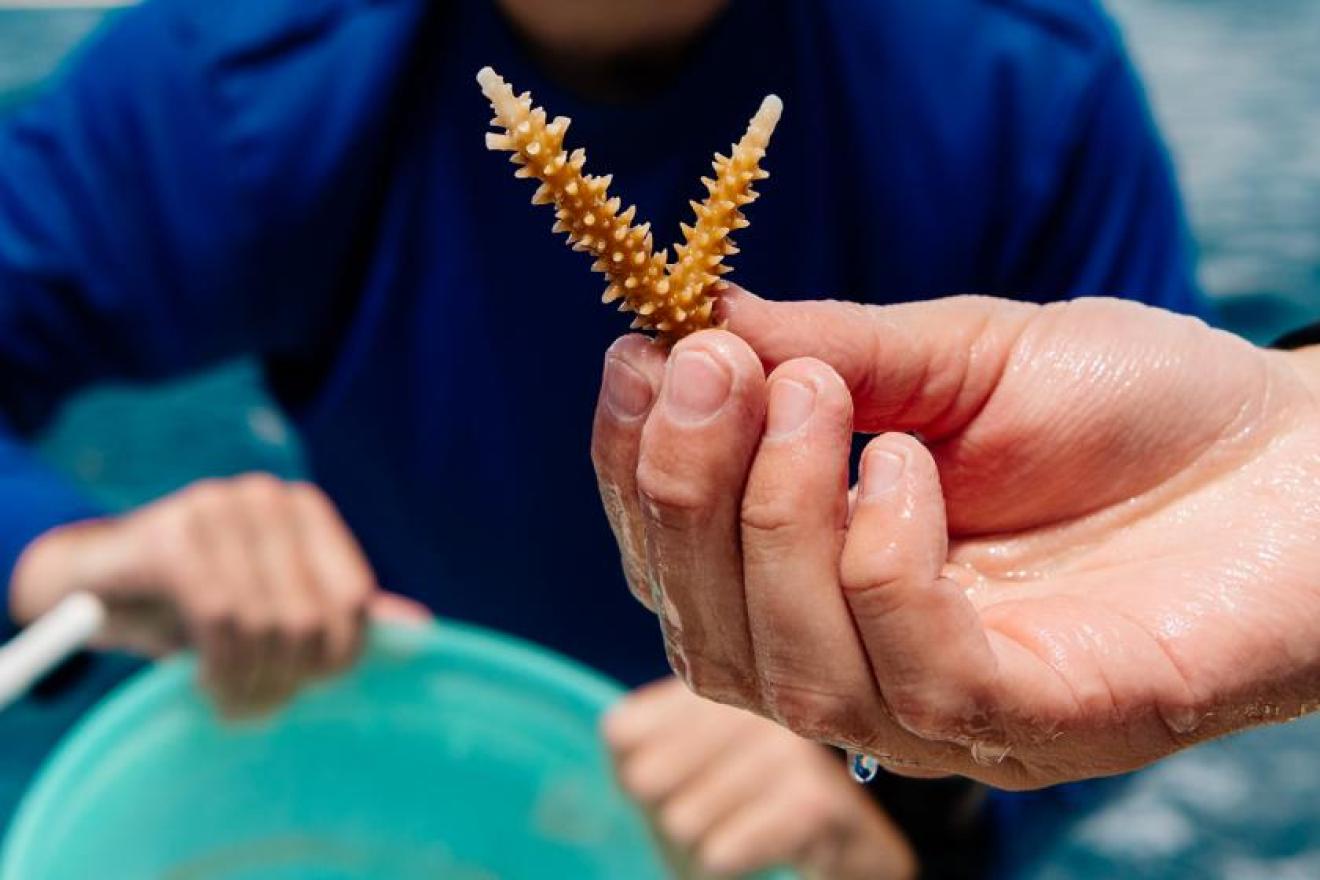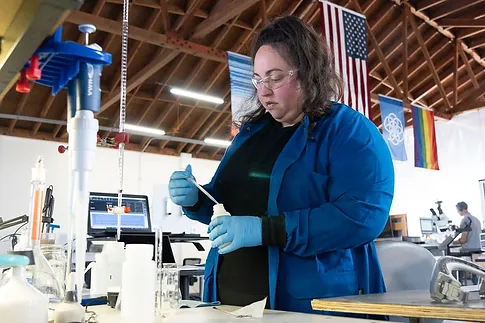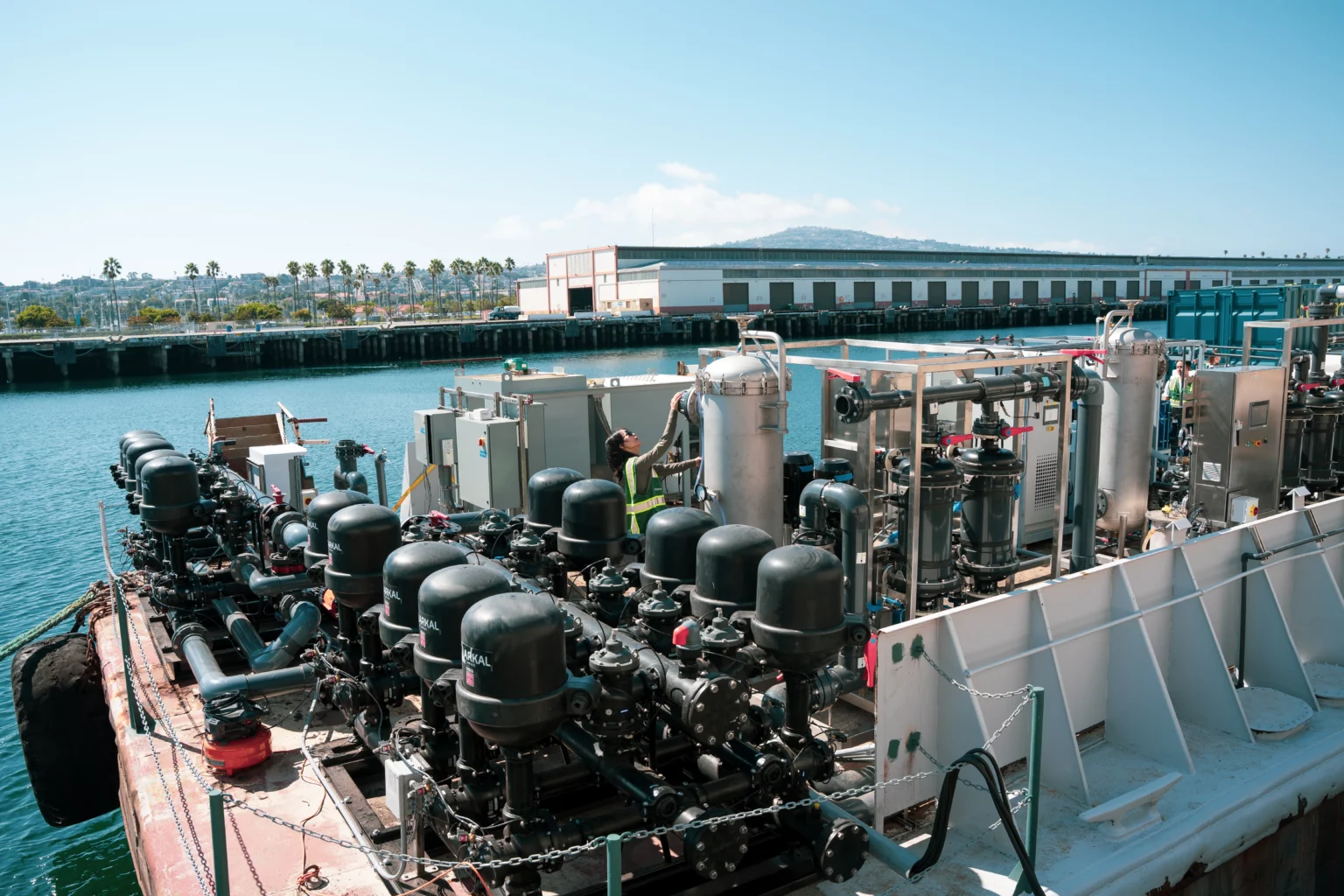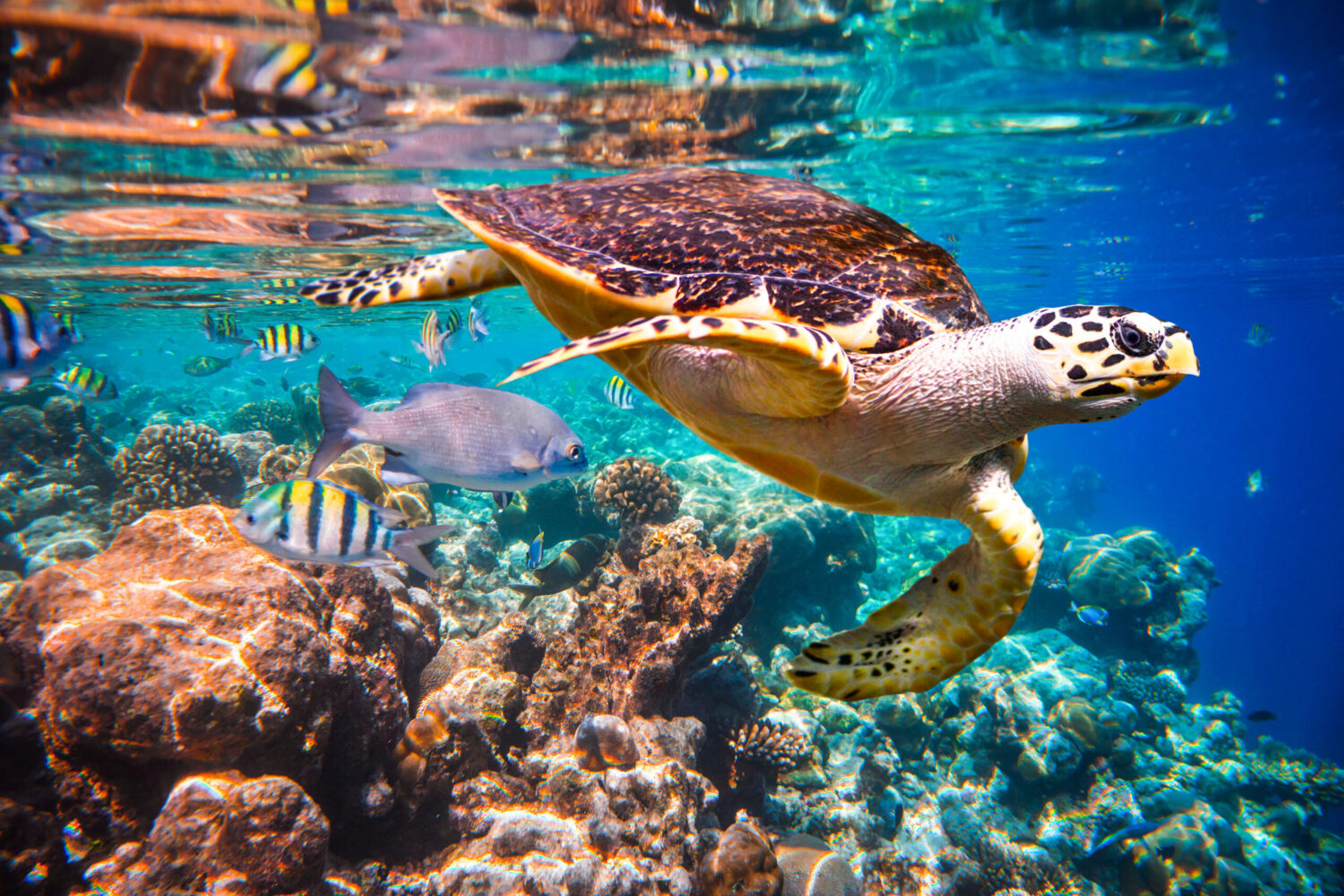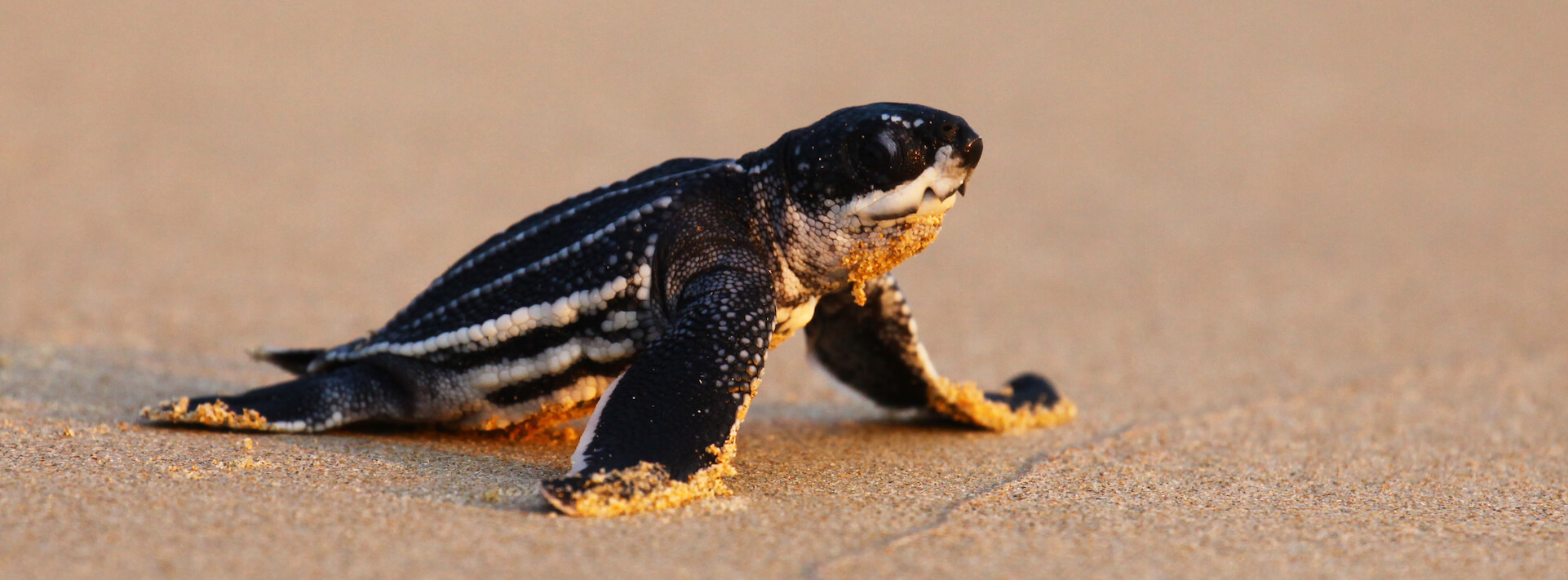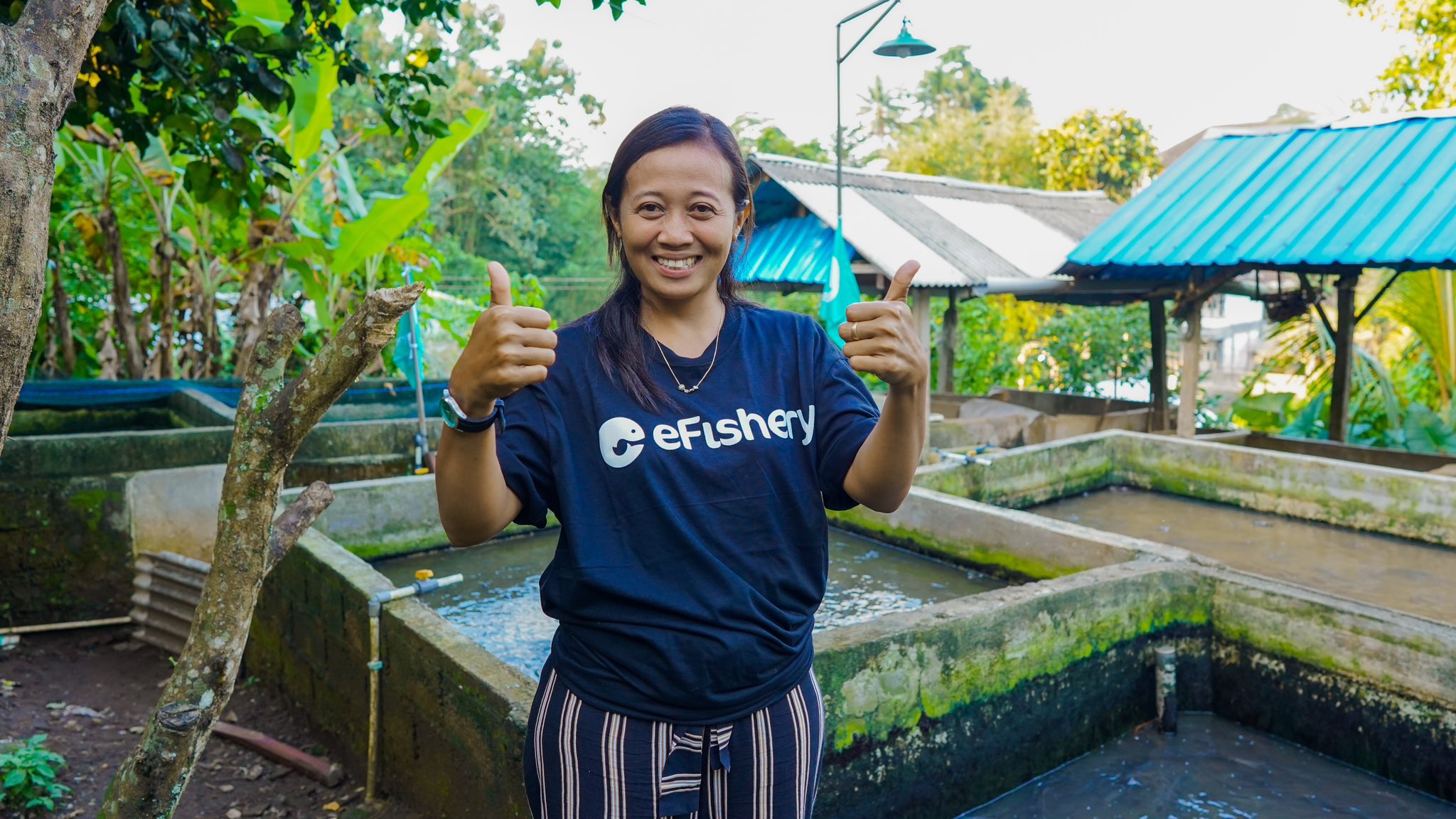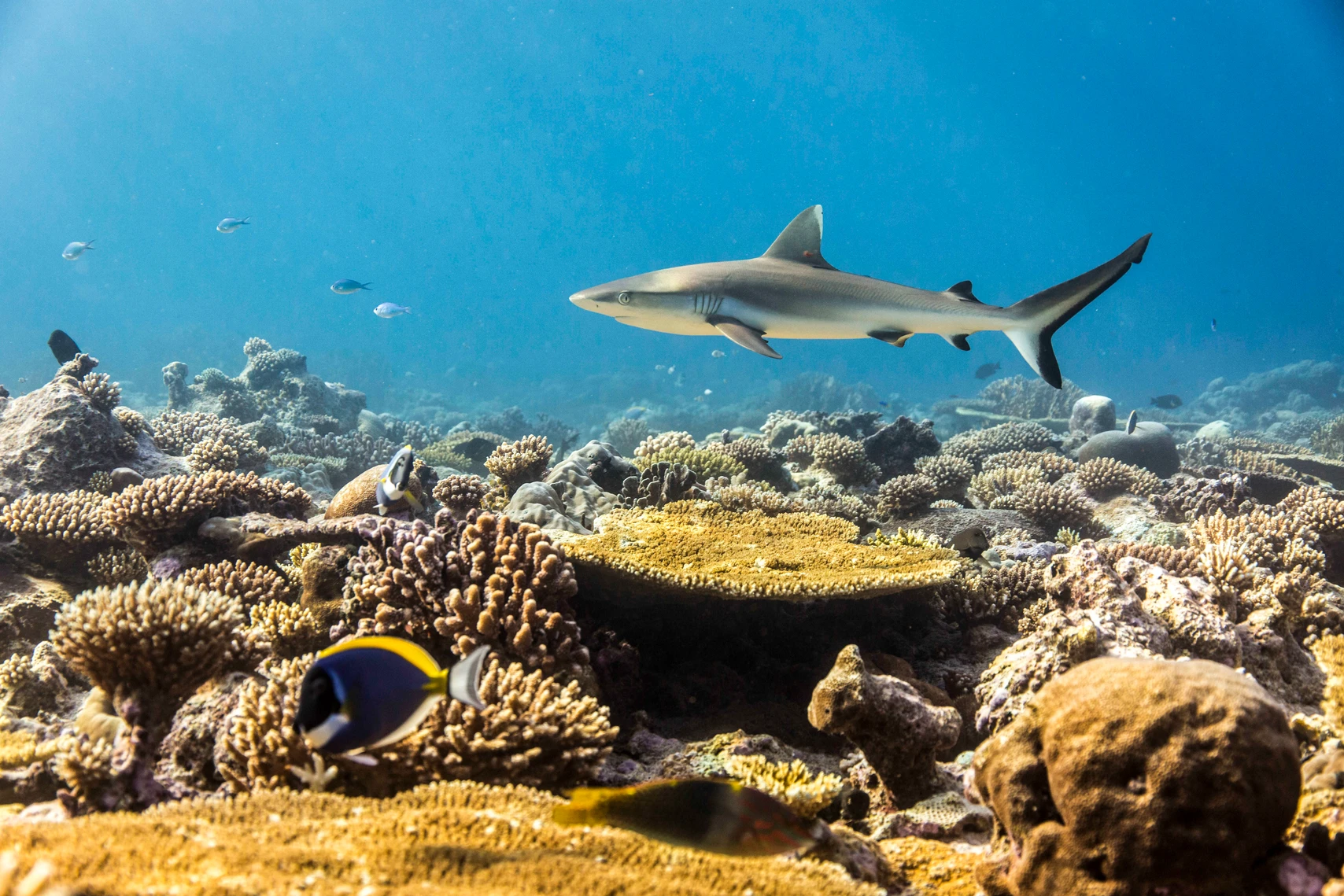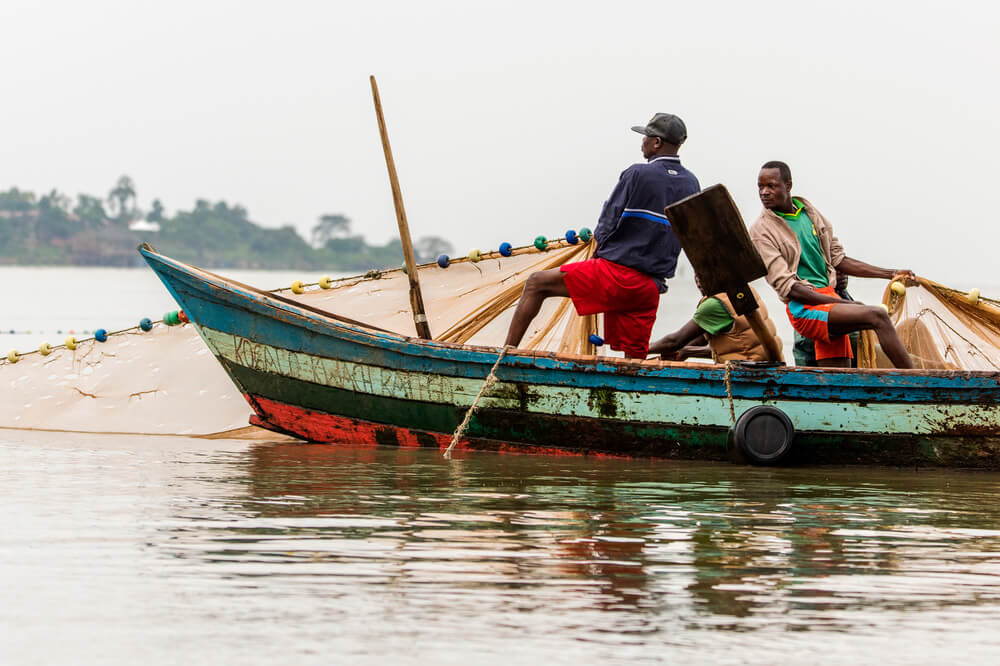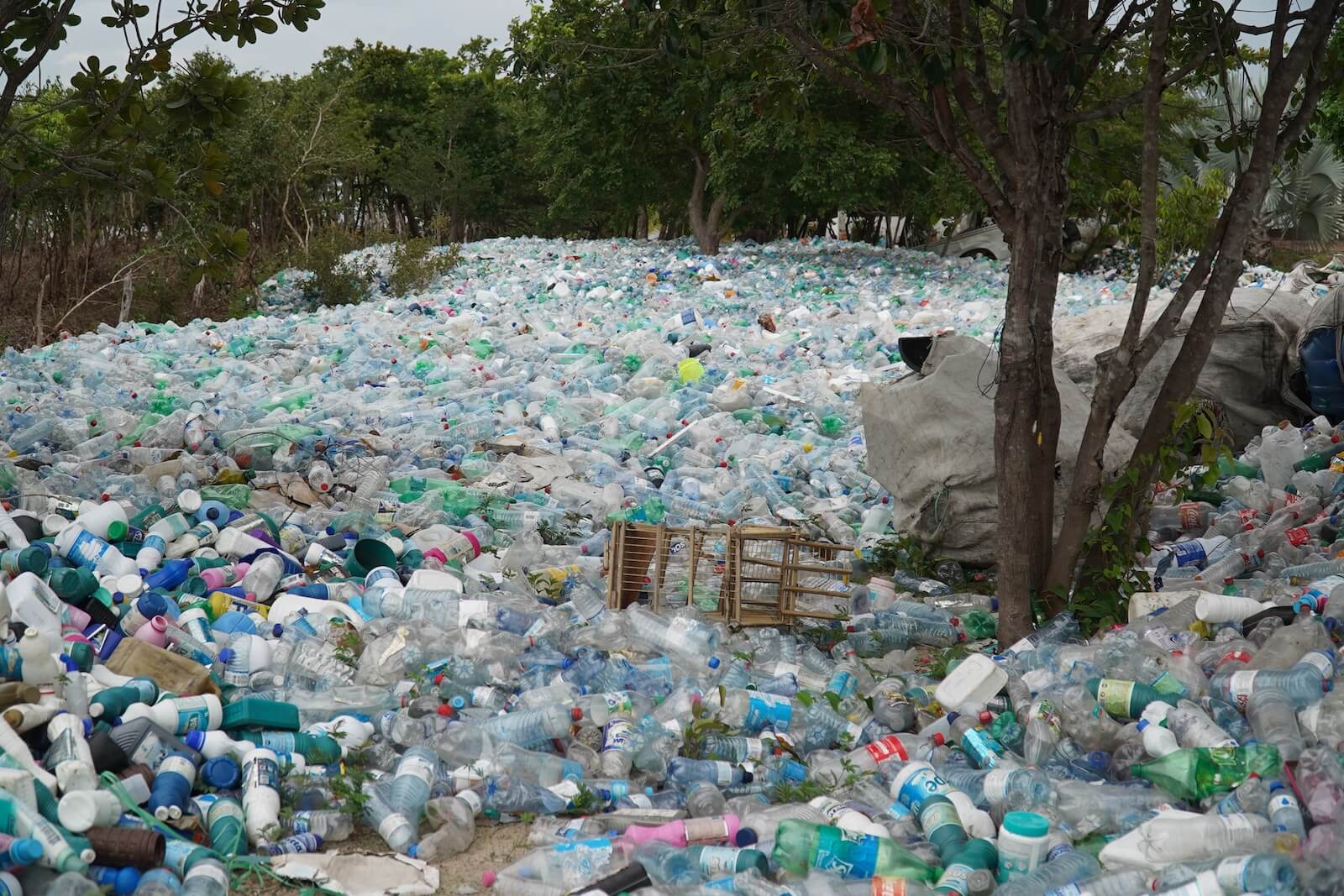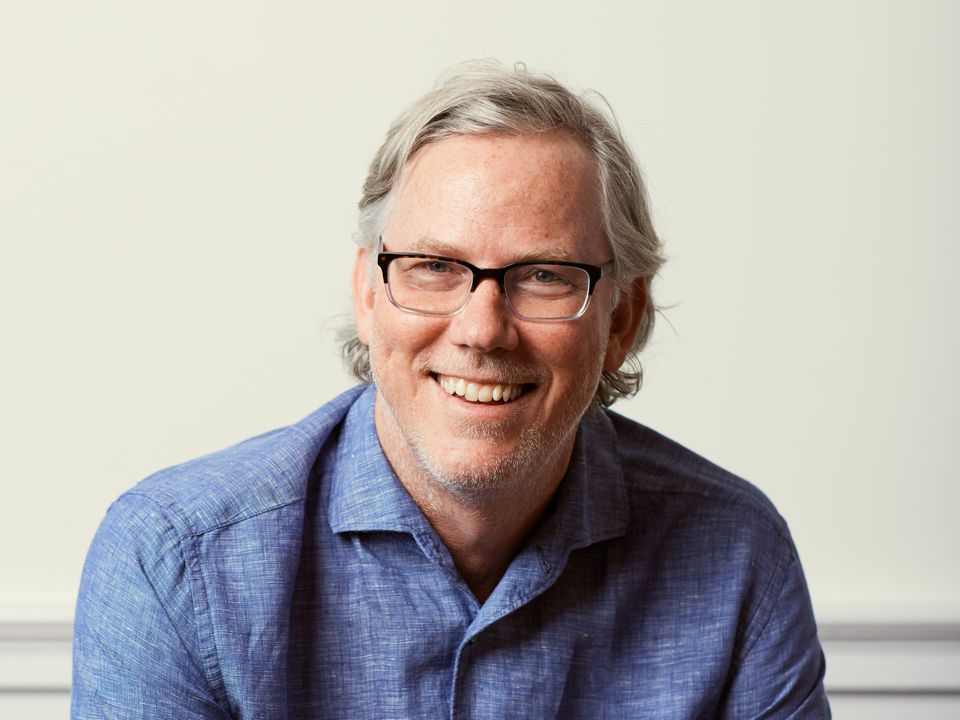The increasingly apocalyptic tone of the climate conversation has spurred a counter-movement calling for a different message, lest the doom and gloom extinguish all hope, particularly among the young.
But, as many parents of teenagers know, adults may not be the best messengers of that positive spin. The Youth and Innovation Forum alongside next week’s United Nations’ World Oceans Conference in Lisbon, will lift the voices of young entrepreneurs, scientists and activists themselves.
As many as 150 youth delegates from around the world will participate in a 24-hour innovation hackathon, or “innovathon,” to share solutions toward the five (positive) “tipping points” outlined by the conference, which was postponed from 2020 by the Covid pandemic. The challenges include sustainable seafood, zero-carbon transport, plastic waste reduction, ocean electricity and better data.
“The reality is that no one is really paying attention to the next generation of talent that exists,” says Daniela Fernandez, who founded the Sustainable Ocean Alliance in her first year at Georgetown University in 2014. “So we’re harnessing the talent and then inspiring this next generation to not just be angry about the climate crisis, but to instead become change agents and become entrepreneurs and use our talents for the good of our planet.”
The Sustainable Ocean Alliance is bringing more than two dozen startup founders and social entrepreneurs to Lisbon, a subset of the 222 ocean solutions the alliance has supported. Of those, 45 are for-profit startups that have graduated from the alliance’s accelerator program and gone on to raise a total of $228 million. The alliance has also awarded more than $400,000 in microgrants to 177 nonprofit social enterprises.
“I am passionate about promoting ocean health through research and education in The Gambia,” says Betty Jahateh, who is coordinating Salty Much?, a research project of the GREAT Institute to assess saltwater intrusion.
In Mexico, Andrea Paz Lacavex founded SPORA to restore kelp as “green gravel” to mitigate the effects of climate change and enhance livelihoods in fishing communities.
Ailars David Lema helped build Arena Recycling Industry in Tanzania to create bricks from recycled plastic and says he is “a living mermaid at all times in love with the ocean.”
Blue portfolio
Fernandez, who has the support of Salesforce founder Marc Benioff, is seeking to educate more investors about opportunities in ocean health. Seed-stage companies that come up through competitions and accelerators or get government grants often hit roadblocks in trying to raise Series A financing, she said.
“We’re seeing that there’s a big disconnect between climate tech and ocean,” she told ImpactAlpha. “The educational gap that we’re trying to bridge is that you’re solving for climate, you’re solving for ocean; you solve for ocean, you solve for climate.”
In Lisbon, Coral Vita, based in the Bahamas, will show off its methods for propagating climate-resilient coral. The company, part of the Sustainable Ocean Alliance’s portfolio, won last year’s Earthshot and hosted Prince William and Kate Middleton in March (see, “New models for financing reef restoration in the Caribbean and beyond”)
Other portfolio companies include Brooklyn-based AKUA, which makes what it claims is the world’s first kelp burger, as well as kelp jerky and kelp noodles. Ellipsis Earth, based in London, uses drones and artificial intelligence to map plastic pollution and identify solutions.
Cruz Foam, based in Santa Cruz, Calif., in April attracted celebrity investors Leonardo DiCaprio and Ashton Kutcher to its $3.4 million seed round. The company makes an alternative to styrofoam packaging from compostable shrimp shells.
Portugal, which is co-hosting the World Oceans Conference with Kenya, is vying to become a hub of ocean entrepreneurship. A consortium formed last year aims to set up an offshore lab to test innovative technologies.
“Most governments don’t even have pre-permitted testing sites for these entrepreneurs,” Fernandez said. She said the alliance is working with agencies in Portugal, as well as Malta, to help “entrepreneurs to showcase their technology, test it and prove it works. And also help governments understand the hurdles and the bureaucracy they need to remove so that entrepreneurs can be successful in their own countries.”

